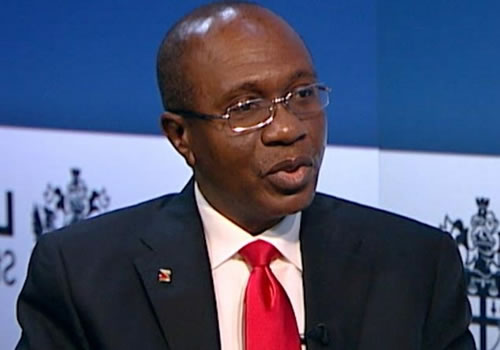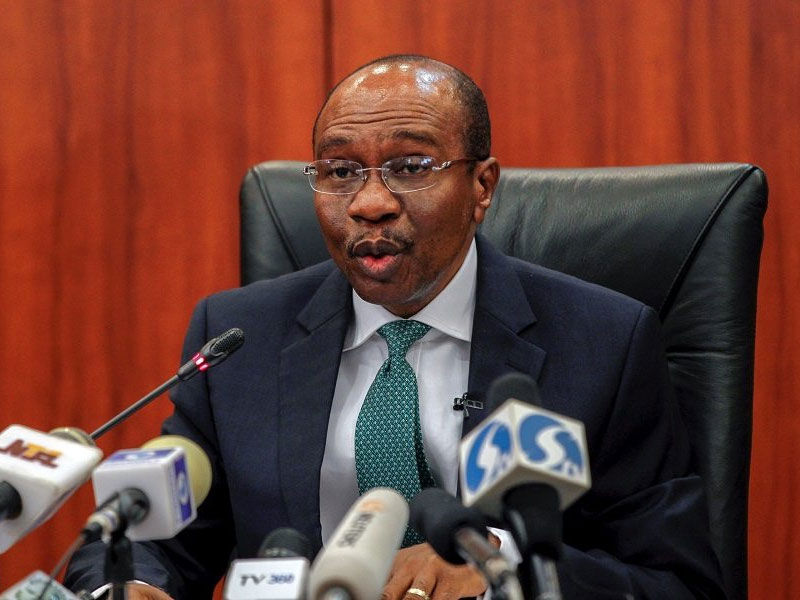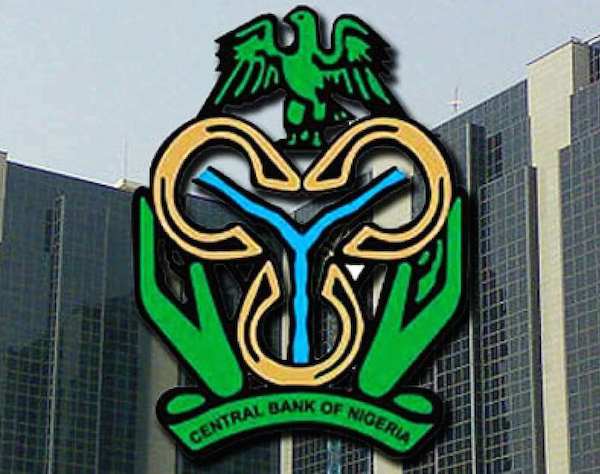…. pressure on consumer prices drives inflation to 13.7%
By DANLADI BATURE
WITH CBN’s Nigeria’s Monetary Policy Committee (MPC)’s two days meeting starting off today, analysts are guessing as to how bold the Central Bank of Nigeria (CBN) would tackle the foreign exchange issue and states’ deteriorating finances in response to recent downstream sector deregulation.
The meeting is taking place amidst uncharted monetary policy path with the oil policy ushering a new exchange rate of N285/$, in addition to official rate at N199/$, interbank and parallel rate currently at N360/$.
According to Afrinvest, there is the need to initiate a currency adjustment/devaluation that will take the official/interbank market rate closer to the exchange rate of N285/US$1.00 assumed by the PPPRA in its pricing template. This is to reduce the pressure on the parallel market rate which has already been endorsed by the pronouncement of NNPC.
“Failure to do this will further compound the FX challenges, widen the spread between interbank/official markets, create more opportunities for arbitrage, increase the pump price of petrol in the PPPRA price modulation template and further pressure the general price levels. Flash note on Price Modulation”
Also, Bala Mohammed, a Financial analyst said accessing the low interest and long term World Bank credit by state governments may not solve their cash crunch problem because most of them are over borrowed and may not meet the credit eligibility criteria not the Bretton Wood institution. “Many of the states used borrowed funds to fund non-earning assets and it will take a long time before they can become viable entities .Only a few have viable projects that can be attractive for funding.”
The analysts believe that five signals: a well-articulated plan to reflate the economy, removal of Petroleum Subsidy, investment in infrastructure spending, foreign exchange rate adjustments and improved economic viability of States have the potentials to change the bearish sentiments in the financial market and also increase investors’ confidence in the state of the Nigerian economy.
“Of the five points, the first three have been touched in some degrees following the signed 2016 budget and the recent removal of fuel subsidy on petrol. The recently signed budget for 2016 provided for capital expenditure to account for about 30.0% (N1.8tn) of the total expenditure – which is a marked improvement from 16.0% in the prior year- while recurrent expenditure is expected to come in at N4.2tn.
ALSO SEE: Diezani’s $115m Election Slush Fund: Presidency probes CBN
“We strongly believe that subsidy removal should be complemented with a policy to liberalise the exchange rate market in order to mitigate further weakening of the Naira. Consequently, we suggest the reintroduction of the interbank FX market (Wholesale Dutch Auction System) which provides a platform where secondary FX sources can transact at competitive rates.”
“In terms of improved economic viability of States, the recent pressure on government revenues have kept States on their toes as most of them are now looking inwards and seeking strategic investments in their respective States. The year 2016 has been a year of Investment Summits for the States as Kaduna, Enugu, Ogun and Katsina States have successfully held their respective Investment Summits with other States planning theirs. This technically makes the case for viability of States as against the old order of having few States that can be described as flourishing,” They added.
Their thinking is that a judicious implementation of the budget will boost economic activity and will ultimately reflate the economy especially through the capital expenditure which will create more jobs as well as strengthen the real sector of the economy.
Commenting further, Mohammed said, “The next CBN MPC meeting will be very interesting. The body language of the President can be read now as no policy is sacrosanct with last week shift in petroleum sector pricing policy.
In response to worsening inflation the benchmark rates may be reviewed upwards and the much awaited review of foreign exchange policy will be released .With acceptance by the Federal Government that the nation is broke there will be more devaluation converts in the MPC committee.
Consequently, exchange rate has depreciated by 33.6% in 2015 YTD at the parallel market while forex scarcity has impacted on business operations leading to loss of jobs.
Pressure on consumer prices has driven inflation to 13.7% as at April 2016 from 2015 average of 9.0% even as the cost of credit further increased when the MPC in response raised MPR to 12.0% from 11.0%. The overall impact is a drag on economic activities as the GDP decelerated to 2.8% in 2015 on the average against the average growth rate of 5.9% between 2010 and 2014.

 Entertainment1 week ago
Entertainment1 week ago
 Business1 week ago
Business1 week ago
 Business1 week ago
Business1 week ago
 Latest1 week ago
Latest1 week ago
 Football1 week ago
Football1 week ago
 Entertainment1 week ago
Entertainment1 week ago
 Entertainment6 days ago
Entertainment6 days ago
 Latest1 week ago
Latest1 week ago





